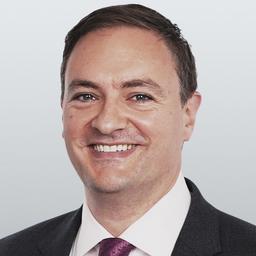Britain’s health service could be significantly improved by adopting successful alternative systems that have proven effective in other countries, however, the NHS’s cult-like grip prevents any meaningful debate on the matter, according to an economist.
Kristian Niemietz is an expert on the reformation of the NHS, a topic that has seen him subject to backlash and attack.






